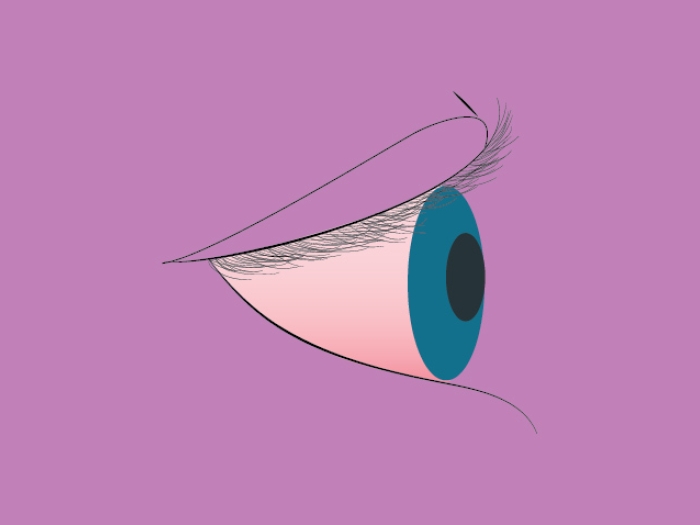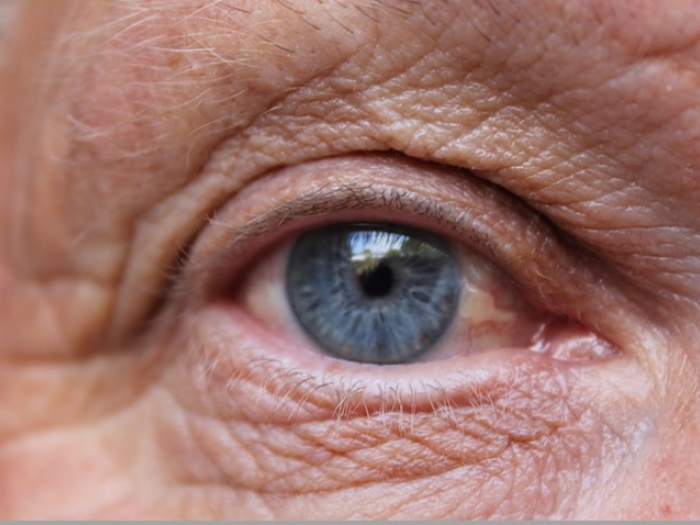Ophthalmologists are piloting a counseling program to help people with glaucoma control their condition and maintain their sight.
7:00 AM
Author |

Glaucoma medications work — if people take them.
SEE ALSO: Evolving AMD Treatment Guidelines for Ophthalmologists
But an evidence review found at least half of glaucoma patients do not take their prescribed medications, putting older adults at higher risk for causing a car accident or potentially losing their sight.
To help change the outlook, ophthalmology teams may soon borrow counseling techniques that have worked to motivate patients with diabetes. Instead of conversations about blood sugar medication, they will be about daily routines for administering glaucoma eye drops. But the focus will be the same: addressing each person's unique reason for poor medication adherence.
"Just telling people to take their medications isn't working. We've been doing that for years," says Paula Anne Newman-Casey, M.D., a specialist in glaucoma, cataract and anterior segment disease at the University of Michigan Kellogg Eye Center.
At the American Academy of Ophthalmology's annual meeting, Newman-Casey led a course for physicians on empowering glaucoma patients to take better care of themselves.
"A successful strategy is listening to patients who are ambivalent, which many patients can be about adding this daily step, and discussing what they do today that could be jeopardized if they lost their vision. It's part of getting at what's their motivation."
For some that may mean going bowling. Low-light bowling alleys are unforgiving for those with low vision. For others, it could be witnessing family events such as a wedding or a graduation or teaching at church.
As the population ages, the number of adults living with glaucoma will grow from 2.7 million today to 4.2 million by 2030.

Paula Anne Newman-Casey, M.D., with the web-based version of eyeGuide, a program to help counsel people with glaucoma on the importance of taking medication as directed.
Finding common ground through counseling
Glaucoma eye drops, often a first choice for treatment, are very effective at controlling the disease. But adherence to glaucoma medications is rarely addressed during clinical encounters.
SEE ALSO: Enhancing Eye Care with a Smartphone
Newman-Casey is testing whether coaching from a glaucoma counselor that's standardized, yet personalized, will make a difference in glaucoma medication adherence.
The program, called eyeGuide, is based on counseling techniques that have worked to double the number of patients with diabetes who gained control of their disease during 12 months of coaching.
The U.S. National Institutes of Health, the Glaucoma Society and Blue Cross Blue Shield of Michigan are supporting the testing and development of this personalized behavior change program.
Based on initial feedback from patients, Newman-Casey says patients found teaching eye drop instillation very helpful, and patients welcomed seeing their own test results explained. They also liked hearing other patients' stories about how they overcame the same problems that they themselves were having with their glaucoma drops, such as how to cope with side effects.
"It's not unusual to hear from patients who have a tendency to use too much medication because they aren't sure they've successfully administered the eye drops, so then they run out before they can refill their prescription," Newman-Casey says, as an example.
The challenge currently is that education and counseling programs are not part of standard glaucoma care. Medicare and private insurers reimburse diabetes education by paraprofessional staff, but the current reimbursement model does not incentivize glaucoma counseling.
"Clearly Medicare and private insurance reimbursement is also needed for glaucoma education and counseling," says Newman-Casey, who is also a member of the University of Michigan's Institute for Healthcare Policy and Innovation.
Her research may help policymakers identify what an effective glaucoma counseling program will look like.

Explore a variety of healthcare news & stories by visiting the Health Lab home page for more articles.

Department of Communication at Michigan Medicine
Want top health & research news weekly? Sign up for Health Lab’s newsletters today!





